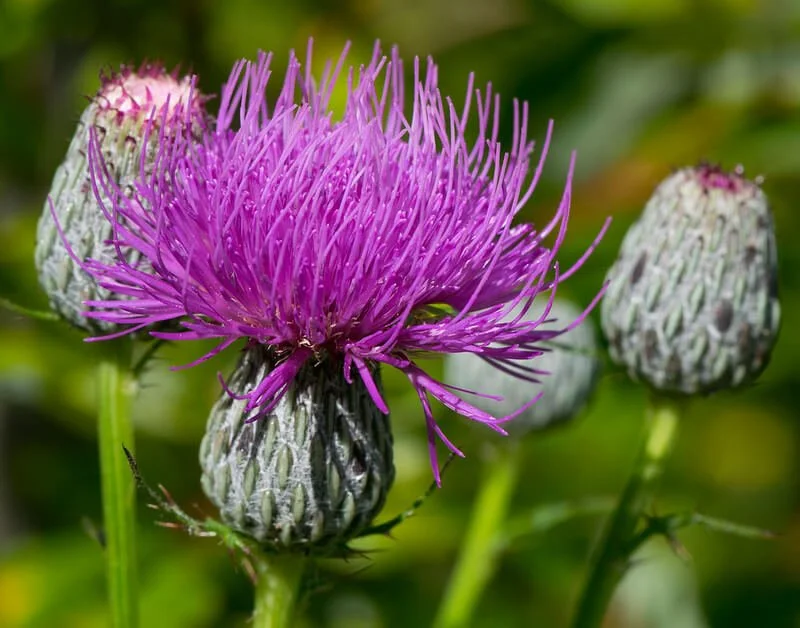Life Cycle: Perennial
Sun Exposure: Partial- Shade
Soil Moisture: Wet-Medium/wet
Height: 12 inches
Plant Spacing:
Bloom Time: June-August
Bloom Color: Greenish
Advantages: Bird Favorite, Deer Resistant, Great Landscaping plant
Host: 11 species of butterflies and moths use this as a caterpillar host plant in our area (Illinoiswildflowers.info)
Species of concern: State Status: Threatened (legally protected), State Rank: Critically imperiled (mnfi.anr.msu.edu)
Beneficial for Endangered or Threatened Species: Macoun's arctic (Oeneis macounii) (mnfi.anr.msu.edu)









